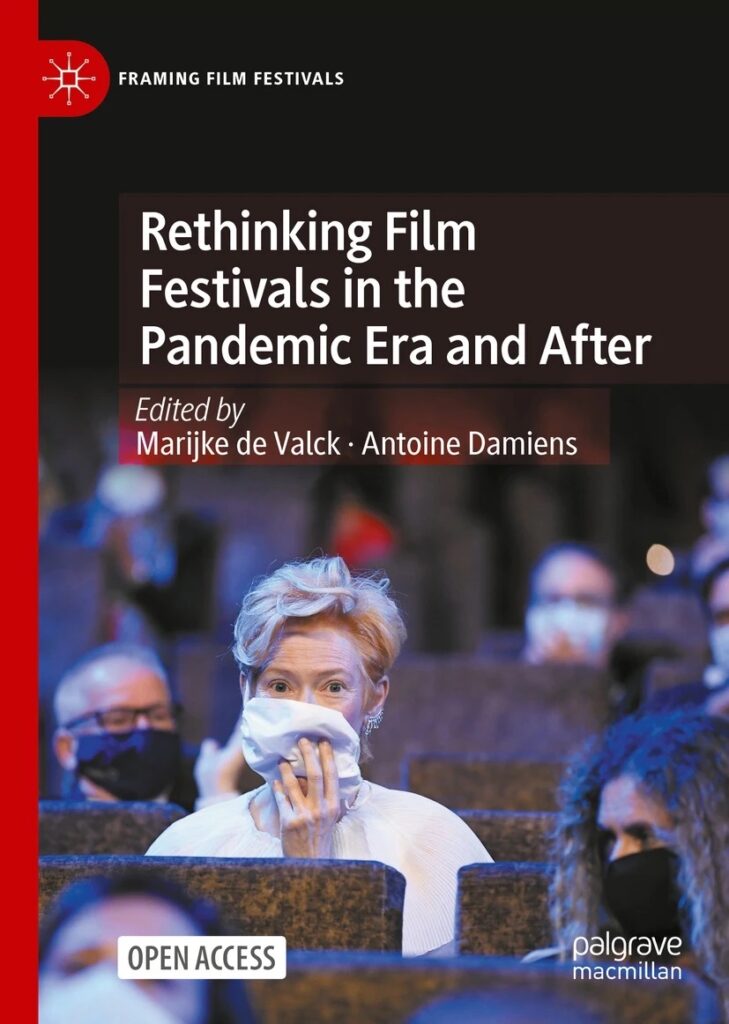School of the Arts, Media, Performance & Design (AMPD) research associate Antoine Damiens is co-editor of the recently published Rethinking Film Festivals in the Pandemic Era and After, which examines how international film festivals have responded, and continue to respond, to COVID-19.

Damiens’ book, which is available for free in various electronic formats, examines how COVID-19 impacts film festivals by disrupting industry systems and re-articulating their audience relationship. It also documents how film festivals worldwide responded to the pandemic crisis and argues that festivals should rethink their ecological footprint, decolonize their operation, and preserve their history. The book belongs to the “Framing Film Festivals” series started in 2015 by co-editor Marijke de Valck, who is an associate professor of media studies at Utrecht University.
COVID-19 begged festival-goers and film scholars alike to consider what happens when festivals can’t happen. While films have found new, temporary channels of distribution, most often in the forms of digital releases, the festival format appears particularly vulnerable in pandemic times. Imperfect measures, such as the move to a digital format, cannot recapture the communal experience at the very core of festivals.
Given the global nature of the pandemic and the diversity of the festival phenomenon, the book features a wide range of case studies and analytical frameworks. With contributors including established scholars and frontline festival workers, the book is conceived as both a theoretical endeavour and a practical exploration of festival organizing in pandemic times.
Aside from this newest book, Damiens is also the author of LGBTQ Film Festivals: Curating Queerness (Amsterdam University Press, 2020) and more than a dozen published articles and academic papers focusing on film studies, history, and the representation of vulnerable groups in new and legacy media.


